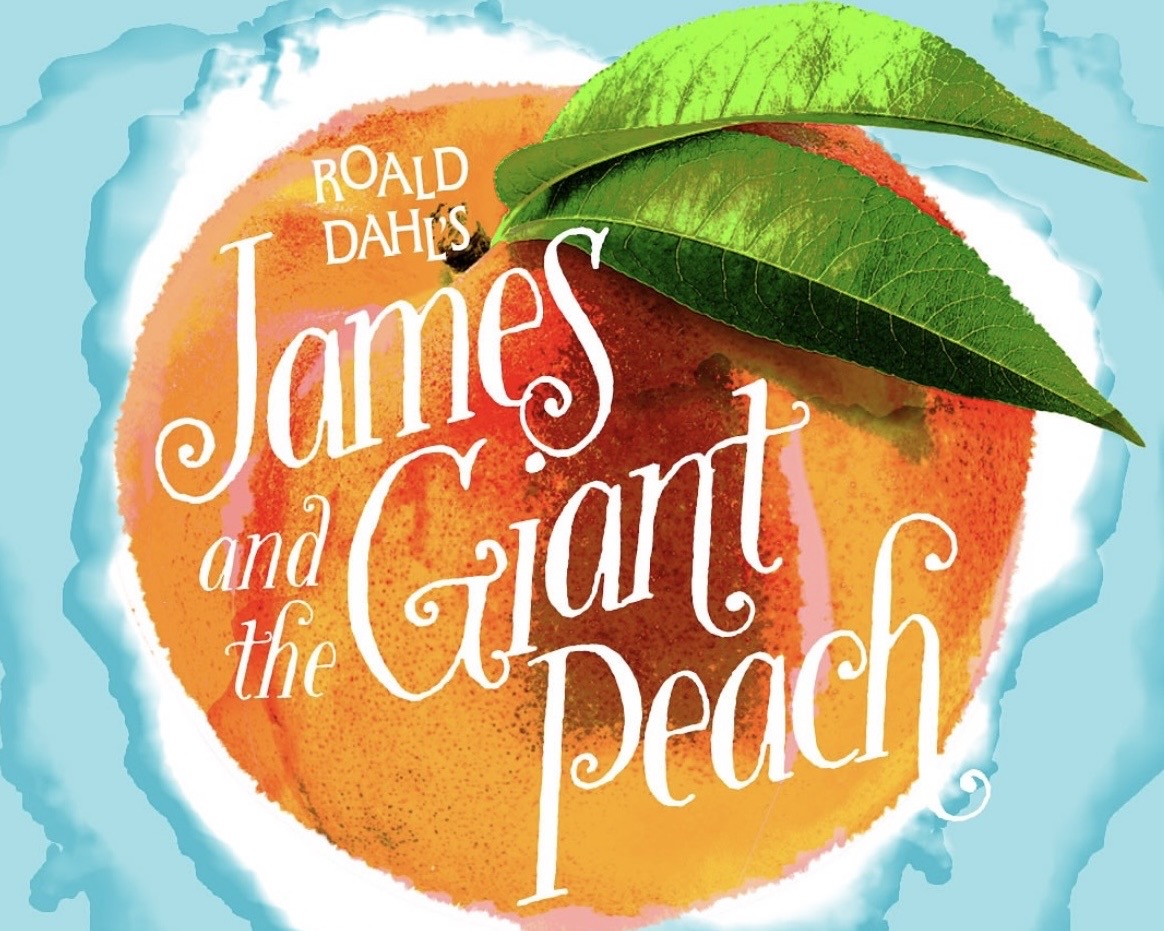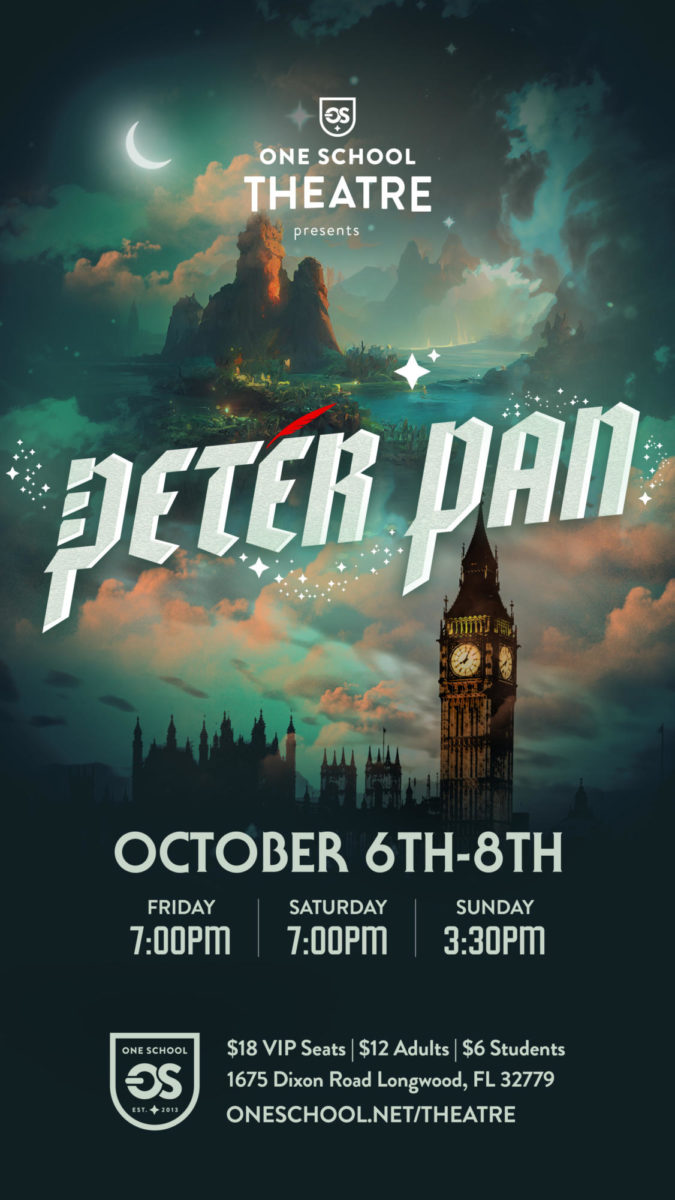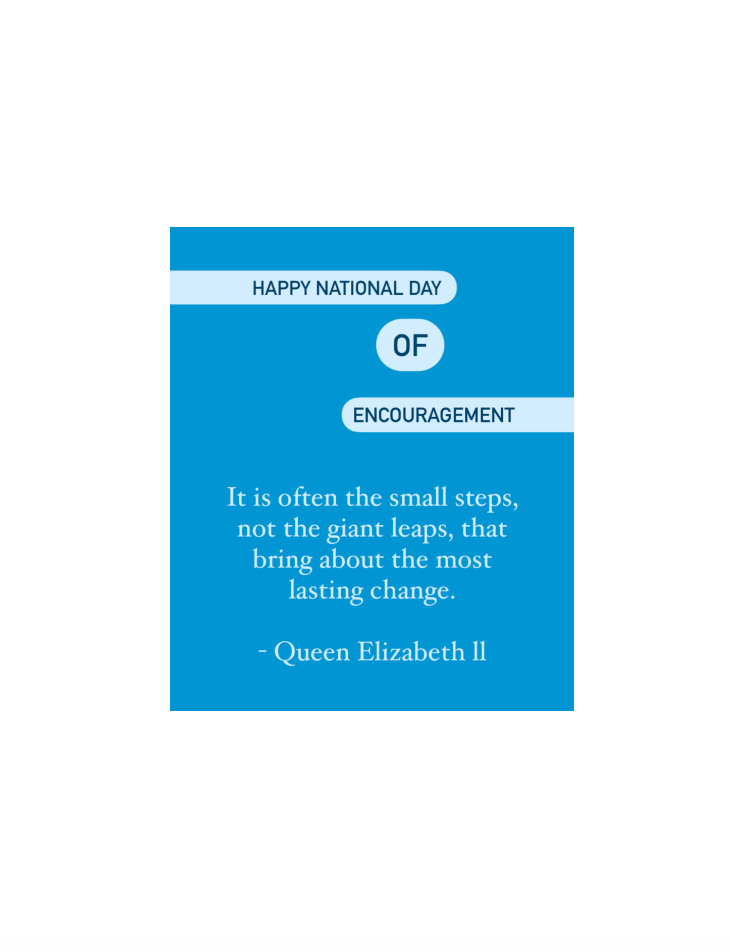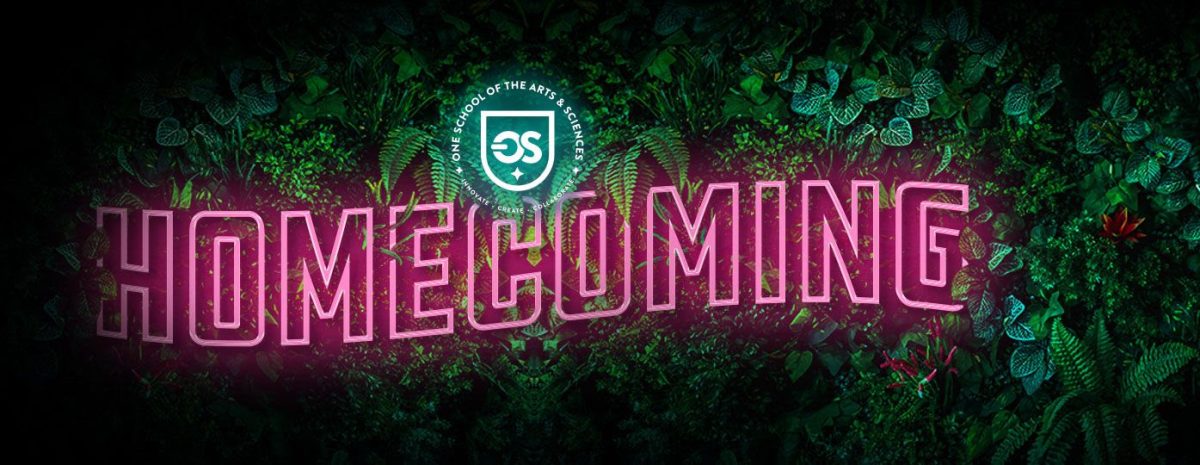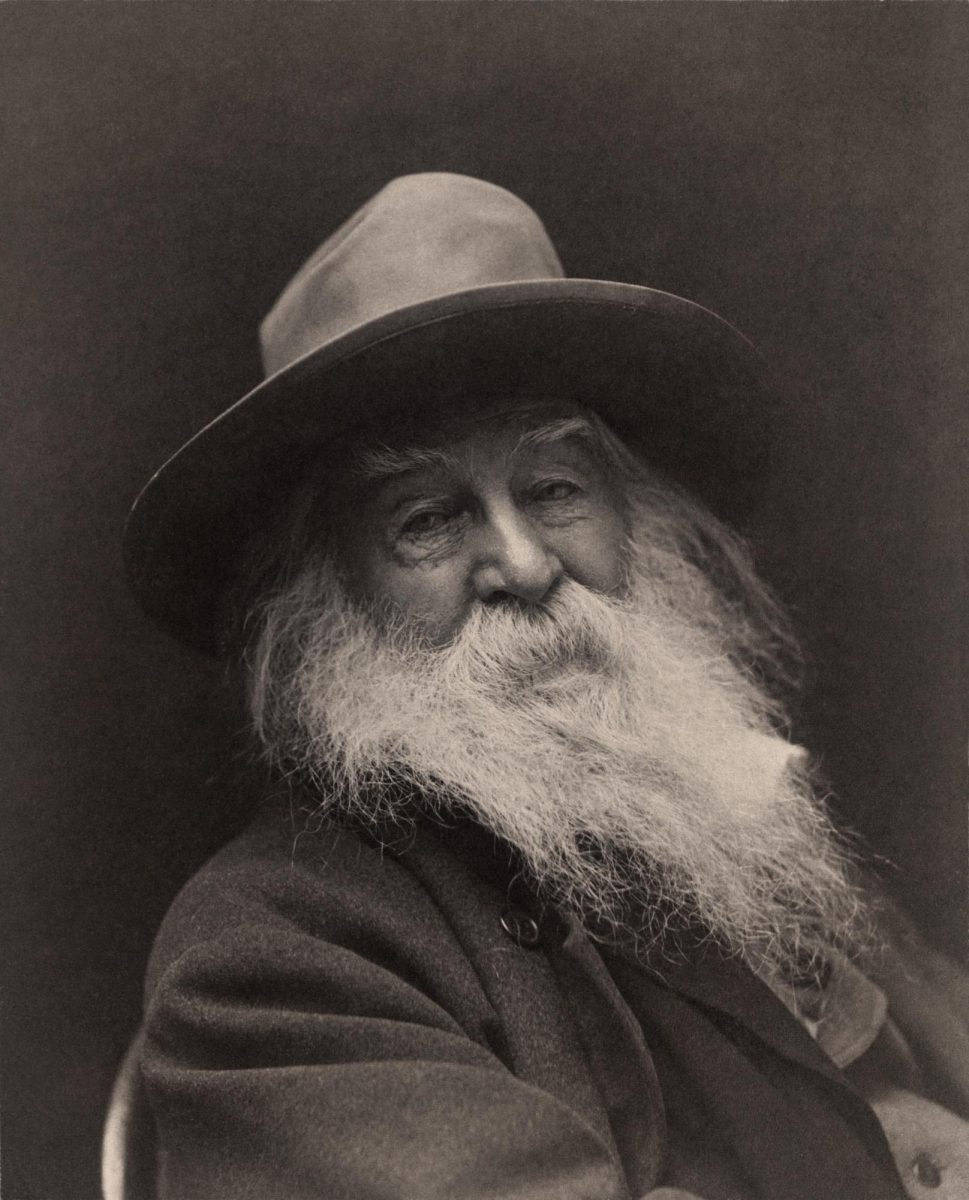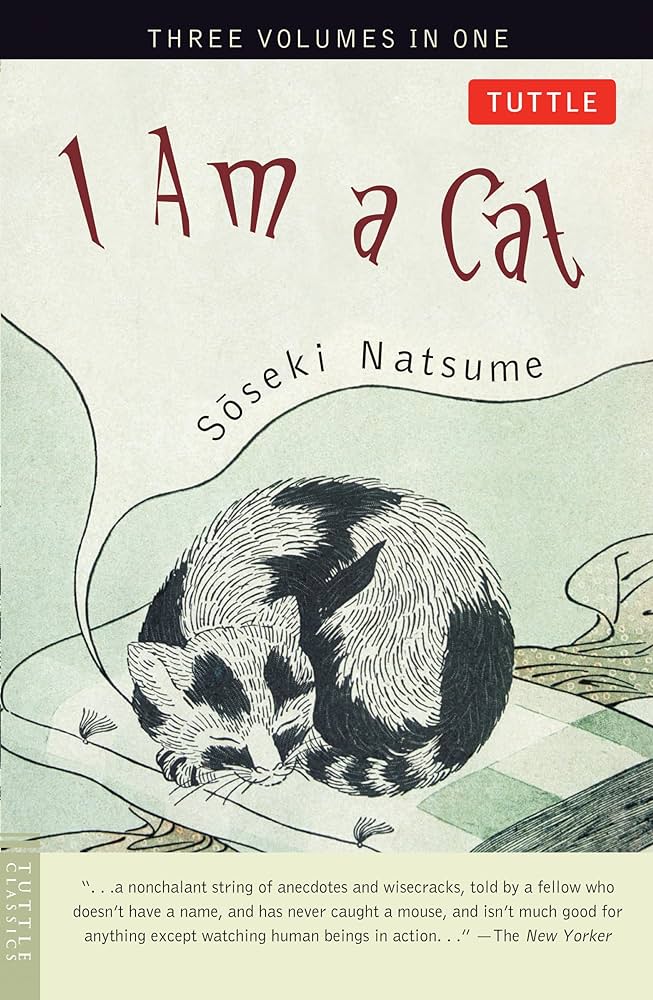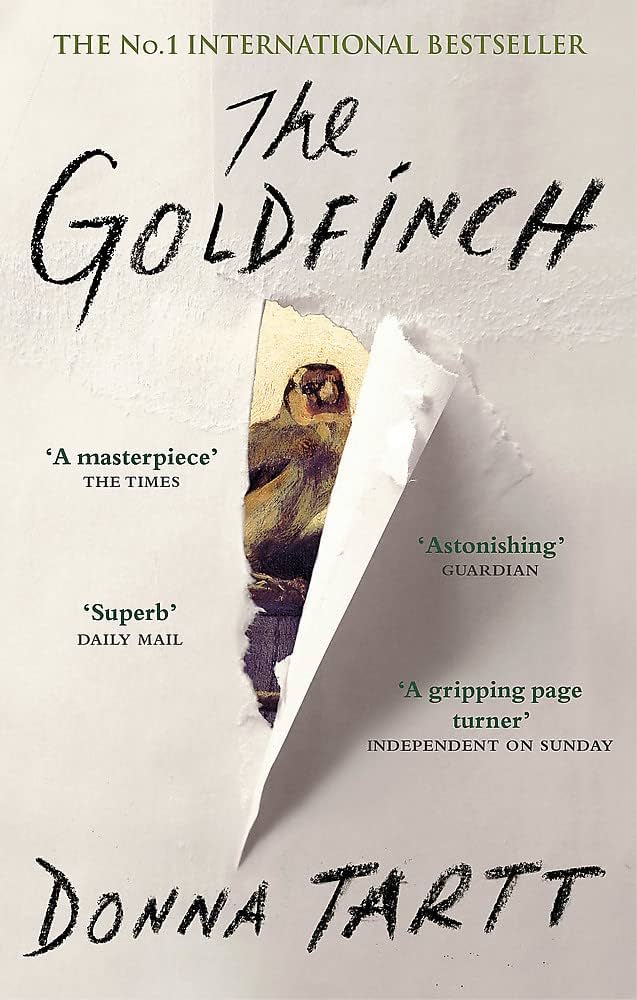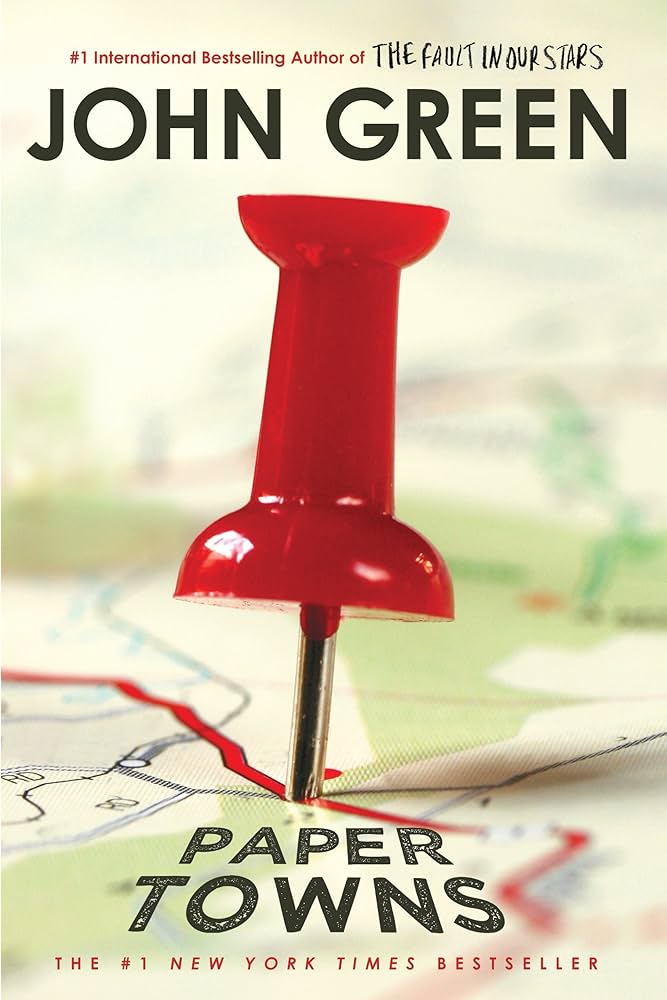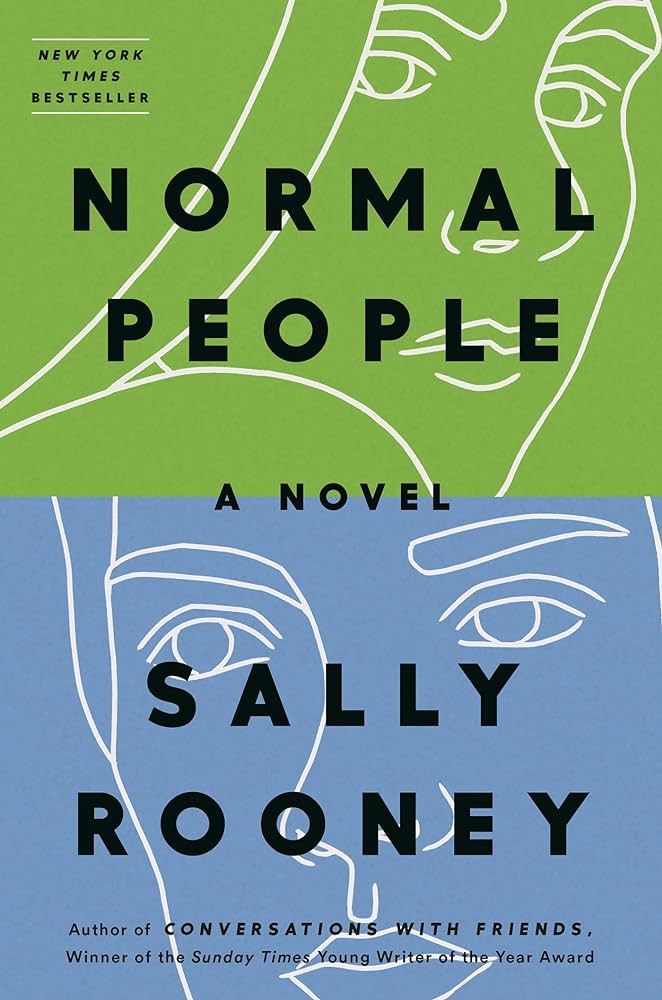The Bell Jar by Sylvia Plath.
An intelligently written book separated into chronicles of the main character’s, Esther Greenwood, later years. Primarily, on how her life dramatically plummeted with her mental health. Plath engages the audience into Esther’s breakdown, using simple language and well crafted metaphors that link your personal feelings, whether you realistically relate to her or not, to her ‘insane’ ones.
Plath writes in such a way that it makes Esther’s actions and feelings understandable for you. She writes to ensure you’re only seeing her perspective, which makes it harder to see the full picture of how she may have actually been acting at the time from an outsider’s perspective. Moreover, her mental decline is so subtle that if you don’t pay full attention, you won’t realize she’s unstable until she lands herself in the one place instability is difficult to ignore.
This book, if unaware of the outside meanings, can be a comfort to those who may relate to Esther. In the time this book was written, certain medical decisions were made to ‘help’ that now, we would only place under the label of ‘torture’. To see Esther go through everything she did, and have every way of thinking that maybe once in a lifetime, everyone has experienced, and make it outwardly okay was a beautiful way of making someone potentially feel better in the face of an adversary.
This book is the encapsulation of how mental instability can take hold of you. How obsession can take hold of you, hyper focus on too many areas of your life to grant your full access into one. Her madness distorts her perception of reality, and it makes her connections mean absolutely nothing, along with her life. She confuses what she wants with what she needs, and what she needs with what must be done because of who she is.
Society puts a pressure on women that is even more brought up by certain aspects of her writing. Without the pressures that came with just being a woman, having a direction in your life, an end goal and knowing what to do with that, and expectations you can’t meet, she would’ve been a lot better off on just enjoying a life well-made.
You go through the book not fully understanding where she’s coming from, but knowing exactly where it’s stemmed from.

